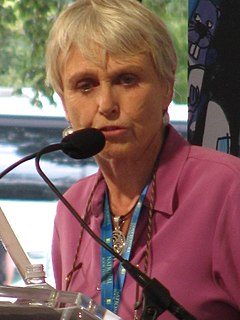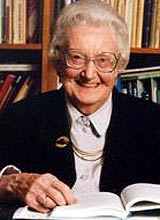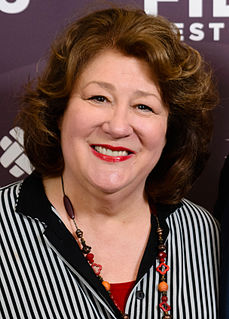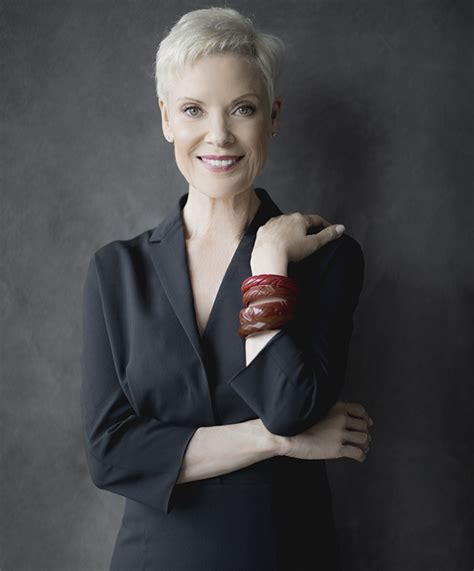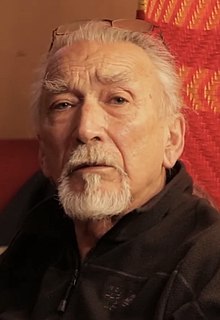A Quote by E. Lockhart
You can't have an ending. It's impossible. Because unlike in the movies, life goes on. You're never at the end until you die.
Related Quotes
Instead he thinks up the worst ending imaginable: Hemingway has Catherine die from hemorrhaging after their child is stillborn. It is the most torturous ending I have ever experienced and probably will ever experience in literature, movies, or even television. I am crying so hard at the end, partly for the characters, yes, but also because Nikki actually teaches this book to children. I cannot imagine why anyone would want to expose impressionable teenagers to such a horrible ending. Why not just tell high school students that their struggle to improve themselves is all for nothing?
For ever and ever, we say when we are young, or in our prayers. Twice, we say it. Old One, do we not? For ever and ever ... so that a thing may be for ever, a life or a love or a quest, and yet begin again, and be for ever just as before. And any ending that may seem to come is not truly an ending, but an illusion. For Time does not die, Time has neither beginning nor end, and so nothing can end or die that has once had a place in Time.
But I have never had the privilege of unhappiness in Happy Valley. California is about the good life. So a bad life there seems so much worse than a bad life anywhere else. Quality is an obsession there—good food, good wine, good movies, music, weather, cars. Those sound like the right things to shoot for, but the never-ending quality quest is a lot of pressure when you’re uncertain and disorganized and, not least, broker than broke. Some afternoons a person just wants to rent Die Hard, close the curtains, and have Cheerios for lunch.
It has long been a tradition among novel writers that a book must end by everybody getting just what they wanted, or if the conventional happy ending was impossible, then it must be a tragedy in which one or both should die. In real life very few of us get what we want, our tragedies don't kill us, but we go on living them year after year, carrying them with us like a scar on an old wound.


